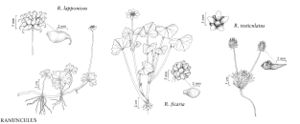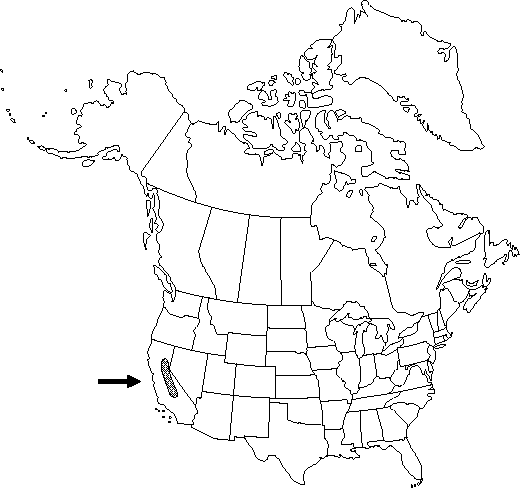familyRanunculaceae
genusRanunculus
subgenusRanunculus subg. Cyrtorhyncha
speciesRanunculus hystriculus
Difference between revisions of "Ranunculus hystriculus"
Proc. Amer. Acad. Arts 7: 328. 1867.
EndemicIllustrated
Synonyms: Kumlienia hystriculus (A. Gray) Greene
Treatment appears in FNA Volume 3.
imported>Volume Importer |
imported>Volume Importer |
||
| Line 57: | Line 57: | ||
|publication year=1867 | |publication year=1867 | ||
|special status=Endemic;Illustrated | |special status=Endemic;Illustrated | ||
| − | |source xml=https:// | + | |source xml=https://bitbucket.org/aafc-mbb/fna-data-curation/src/2e0870ddd59836b60bcf96646a41e87ea5a5943a/coarse_grained_fna_xml/V3/V3_384.xml |
|genus=Ranunculus | |genus=Ranunculus | ||
|subgenus=Ranunculus subg. Cyrtorhyncha | |subgenus=Ranunculus subg. Cyrtorhyncha | ||
Latest revision as of 21:48, 5 November 2020
Stems erect from short caudices, not rooting nodally, glabrous, not bulbous-based. Tuberous roots absent. Leaves: basal leaf blades semicircular or reniform in outline, shallowly 5-7-lobed, 1.2-4.6 × 1.8-6.6 cm, ultimate segments semicircular, margins crenate, apex rounded or weakly apiculate; cauline leaves 0-2, scalelike. Flowers: receptacle glabrous; sepals spreading, white or pale yellow, 6-13 × 3-6 mm, glabrous; petals 8-12, greenish, 2-4 × 0.6-1.6 mm. Heads of achenes ovoid, 6-7 × 6-8 mm; achenes 3.8-4.2 × 0.8-1 mm, canescent; beak persistent, filiform, 1.2-1.4 mm, hooked distally.
Phenology: Flowering winter–summer (Feb–Jul).
Habitat: Wet places near streams, especially around waterfalls
Elevation: 300-2300 m
Discussion
Ranunculus hystriculus is endemic to the west slope of the Sierra Nevada.
Selected References
None.
Lower Taxa
None.

